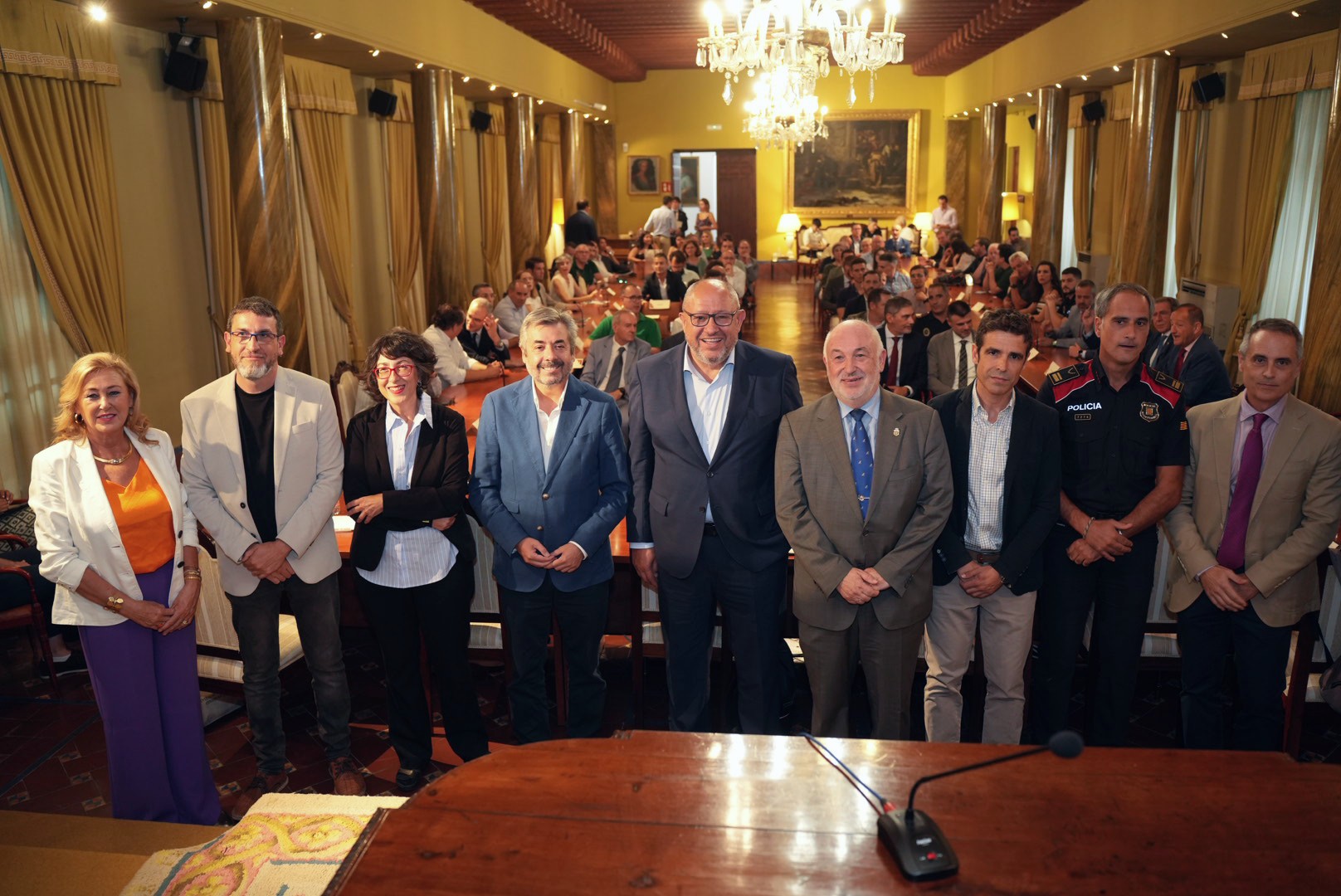
The project “Sport for prevention of extremism in youth” (SPEY) is an initiative of UFEC supported by an international consortium. that was implemented between 2019 and 2022 with financial support of the European Commission. The main objective of the project was to develop and test a Pilot sport program to prevent the process of adoption of all types of extremist ideas and behaviors among young people. The project successfully reached its objectives in 2022 by consolidating the efforts of all involved partners.
Last week the project results were presented within the Social Forum of Criminology (4th edition), organized by the Social Council of the University of Cordoba. During the Forum the topics of violent radicalization and radicalism were discussed with a special focus on the attacks in Barcelona and Cambrils. The SPEY results and achievements in prevention of radicalism were presented by Daniel Mateu, co-author of the project. His presentation aroused a big interest of the representatives of the General Commissariat of local policy who are searching for effective and scientifically validated measures of detection and prevention of radicalism behaviors.
In addition to that, Manual Moyano, professor of social psychology and scientific director of the SPEY project participated in the online conference “Peace Beyond the Pitch: Prevention of Violent Extremism through Sports”, organized by the United Nations office of counter terrorism. He characterized the processes of violent radicalization and presented the SPEY project as a good practice on their prevention.
The SPEY Pilot sport program was created by experts in education, psychology and sports, as well as experts in the field of radicalization. Results of its implementation were validated by the experts from University of Cordoba who developed a set of scientific tools for measuring impact and analyzing the project results. Validated results showed that sport can be a potential tool for prevention of radicalization in the youth field. All project results are available on the project web and can be easily applied by sport psychologists and other professionals working on prevention of radicalization behaviors.